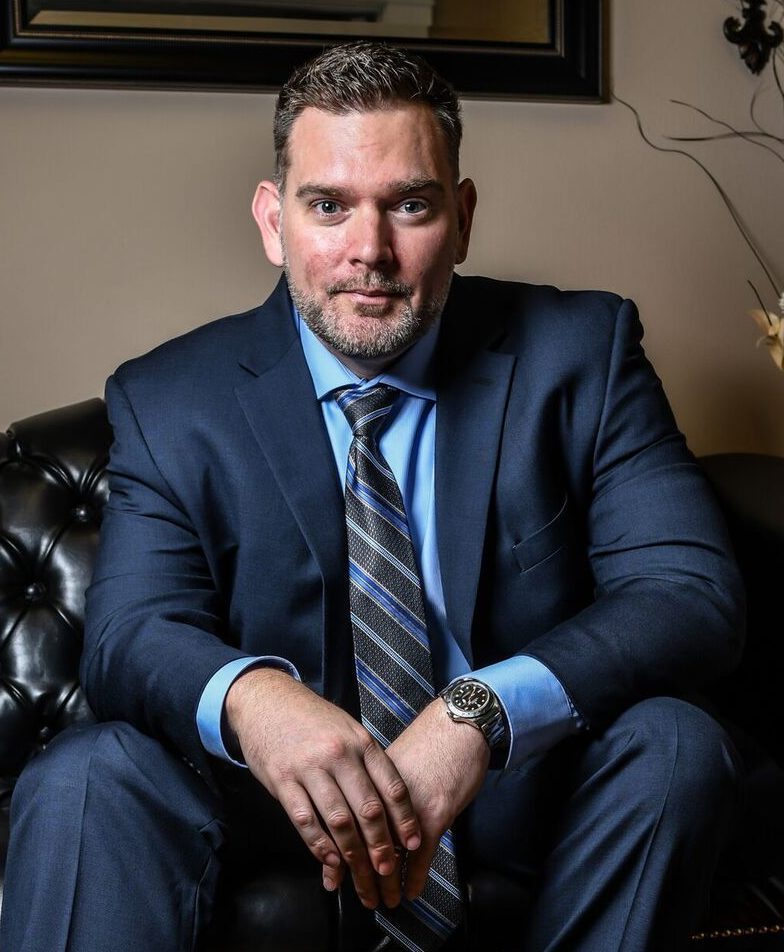Dealing with High Conflict Family Law Cases: The Dangers of False Allegations
How False Allegations Can Harm Custody and Time-Sharing
False allegations of abuse in family law cases can have severe consequences, not only damaging the accused parent’s reputation but also disrupting a child’s relationship with both parents.
The Case of False Abuse Allegations
In one case, a mother repeatedly filed emergency motions accusing her ex-husband of abusing their children. However, there was no evidence to support her claims—just hearsay from the children, which is inadmissible in court. Despite this, the child endured repeated trauma due to unnecessary investigations and court hearings. Ultimately, the judge ordered the children to be placed with their father because the mother’s false claims were causing emotional harm to the kids.
The Long-Term Impact of False Allegations
When false allegations are made repeatedly, they can hurt both the accused parent and the children. Not only does it create a toxic environment, but it also wastes court resources, delays real resolutions, and can turn the child’s life upside down with endless investigations.
How Attorneys Can Mitigate the Damage
The most important thing an attorney can do is educate clients about the potential consequences of making false allegations. It’s important to set expectations early on and make sure that clients understand the gravity of filing motions based on unproven claims. Clients should always be advised to follow the legal process, which may take time but will ultimately provide a more stable and fair resolution.
Managing Emotional Pain and Emotional Manipulation Divorce
How Family Law Attorneys Can Support Clients Through Stressful, High-Conflict Situations
Divorce is emotionally draining for all involved, but when toxic family dynamics, emotional pain, and the involvement of in-laws come into play, the process becomes exponentially more complicated. Understanding how to navigate these challenges is critical for both attorneys and clients to achieve the best outcome.
Emotional Pain and the Impact on Decision-Making
For many clients, the emotional pain of divorce clouds their judgment. Feelings of betrayal, anger, or the desire for revenge can lead to decisions that harm both the client and their children. Whether it’s demanding excessive alimony or time-sharing, or denying visitation out of spite, these emotional reactions can derail the entire divorce process.
As an attorney, it’s crucial to help clients understand that while their emotions are valid, their decisions must be made with logic and foresight. By setting realistic expectations early on, attorneys can reduce the emotional rollercoaster that often leads to prolonged legal battles and unwanted stress.
In-Laws and Toxic Family Dynamics: A Major Source of Conflict
Toxic family members, particularly mother-in-laws, can significantly influence a divorce in negative ways. Their emotional manipulation or controlling behavior can create friction, causing added stress for the spouse already struggling with the breakup. In some cases, in-laws may even interfere with custody and time-sharing arrangements, placing more emotional and legal pressure on the parents.
I’ve experienced this firsthand, observing how emotional abuse by a mother-in-law not only harmed my wife’s health but also complicated our family dynamic. Recognizing this dynamic early can allow the attorney to work with the client to create boundaries, minimizing the impact of family members who should not be involved in the legal process.
The Lawyer’s Role in Navigating Emotional and Family Struggles
Attorneys must be proactive in advising clients on how to handle these situations. Whether it’s helping them set boundaries with family members or providing emotional support through the legal process, a lawyer must recognize the influence of toxic family dynamics on a case. By guiding clients away from emotionally charged decisions and toxic influences, attorneys can help clients make the best choices for themselves and their children. In cases where safety or harassment is a concern, working with a restraining order attorney near you can provide the legal protection and guidance needed to navigate these complex situations.

Sean Smallwood is an Orlando divorce attorney for the law firm Sean Smallwood, Orlando Divorce & Family Law P.A. where he represents clients in all areas of family law and divorce. 100% of the practice is devoted to family law. As an attorney in Orlando, he has helped many families with a wide variety of family law cases including Divorce, Child Custody, Child Support, and many other issues.

